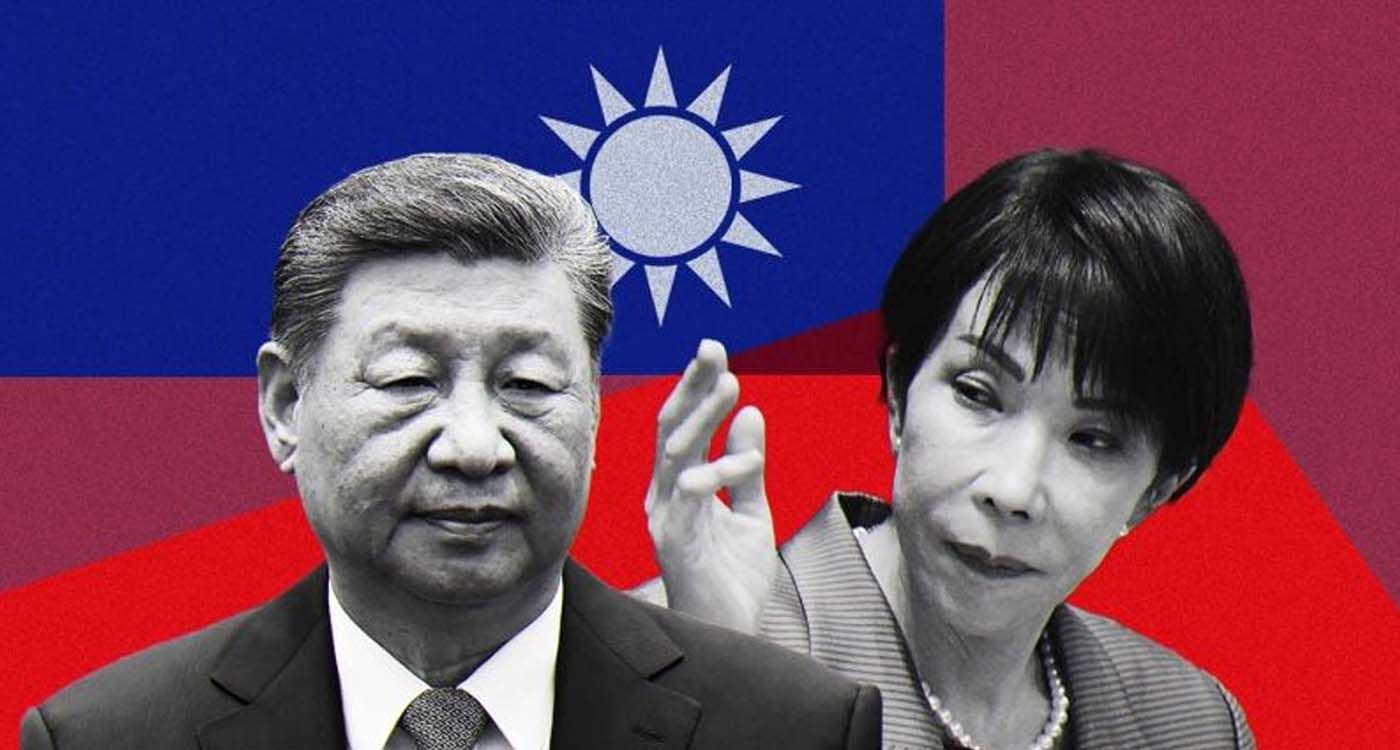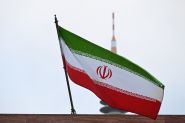- Home
- Middle East
- The Takaichi Shock: Taiwan Reshapes the Power Balance

©This is Beirut
The crisis between Tokyo and Beijing escalated after the Japanese Prime Minister’s remarks on Taiwan, triggering harsh reactions, flying insults, and widespread flight cancellations. The rising tension is part of a broader standoff shaped by history, security concerns, and the shadow of the United States.
The Statement That Sparked the Storm
It began with a brief remark. On November 7, speaking to Japanese lawmakers, Sanae Takaichi warned that military action against Taiwan could threaten “Japan’s survival” and urged consideration of the “worst-case scenario.” Her comments quickly crossed the Taiwan Strait. Beijing responded almost immediately, warning that any interference in “reunification” would be met “with force.” The Chinese Consul General in Osaka went further in a now-deleted tweet, even suggesting “cutting off that filthy head.” Observers were stunned by the exchange’s extraordinary severity.
Why Taiwan Is a Sensitive Issue for China
The roots go back to 1949, when Chinese Nationalists, defeated by the Communists, fled to Taiwan. Since then, Beijing has seen the island as a province separated by circumstance but still part of one nation.
China insists that territorial unity is non-negotiable. Taiwan represents a historical legacy, a strategic security interest controlling the strait, and a key political symbol for the central government. The One China principle guides Beijing’s diplomacy. The “one country, two systems” model is offered as a solution, promising broad autonomy, but its implementation in Hong Kong has shaken Taiwanese confidence. Recent reforms there have curtailed freedoms once guaranteed, sending a stark warning that the framework may not deliver on its promises.
Hong Kong, returned to China in 1997, serves as a cautionary precedent. Its political evolution fuels Taiwan’s fears of Beijing’s unification ambitions. In this context, every statement by a foreign leader about Taiwan carries heightened significance and can provoke swift reactions from China.
Japan’s Prime Minister Breaking the Mold
Sanae Takaichi’s rise to power on October 21, 2025, marked a clear break with tradition. Some foreign outlets have dubbed her Japan’s “Iron Lady,” a leader taking a firm and direct stance on defense. Until now, Japanese prime ministers had offered only cautious statements on Taiwan, and none had suggested that a Chinese offensive could trigger a Japanese response.
Experts note that Takaichi was simply clarifying an existing framework under the 2015 collective defense doctrine. What has changed is her tone, and that is what rattled Beijing, which even called her a “diabolical witch.”
A Climate Deteriorating by the Day
Tensions have sharply escalated. Since November 15, nearly 491,000 plane tickets to Japan have been canceled in China, wiping out a third of bookings within hours. Beijing now advises its citizens to avoid Japan, while Tokyo urges caution for its nationals in China. Official exchanges are tense, media in both countries issue provocative statements, and public opinion is inflamed.
The crisis compounds an already fragile relationship, marked by disputes in the East China Sea over the Senkaku/Diaoyu islands, technological rivalries, and unresolved wartime grievances. A Journal de Montréal article published yesterday lists a series of contentious issues that, taken together, form an explosive backdrop.
The United States in the Background, but Never Far
Washington is closely monitoring every development. The US-Japan alliance has been a cornerstone of American strategy in Asia since the end of World War II, with deep military, strategic, and diplomatic ties. President Donald Trump’s visit to Japan in late October 2025 reinforced this, as he spoke of a “new golden age” between the two countries amid rising competition with China.
On Taiwan, the United States maintains its policy of “strategic ambiguity,” but the message is clear: Japan will not face China alone. Beijing, meanwhile, accuses Washington of encouraging Tokyo and stoking tensions.
An Escalation That Raises Questions About What’s Next
Could this spiral into a military conflict? Analysts interviewed by the Belgian Radio and Television of the French Community (RTBF) remain cautious. Neither Japan nor China has an interest in war, given their tightly linked economies and the high stakes involved. Yet the confrontation signals a shift. Japan speaks more openly, China responds more aggressively, and the US backs Tokyo without hesitation. The Taiwan Strait remains Asia’s most sensitive flashpoint, and even if this crisis does not lead to war, it is already reshaping regional dynamics.
Read more




Comments